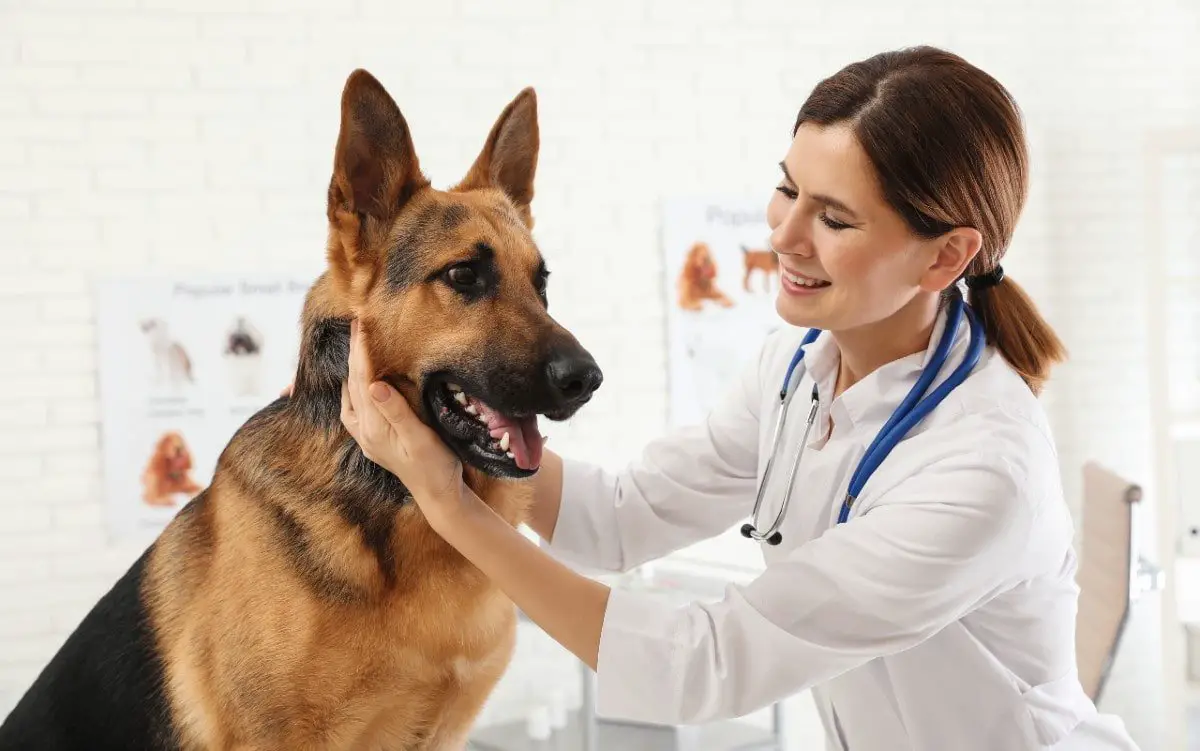Veterinarian Shortage Could Affect 75 Million Pets and Owners by 2030
In the last few years have, the Covid-19 pandemic has left the Veterinarian industry understaffed and overworked.
If you have had a hard time getting appointments for your pets since the pandemic, you aren’t alone.
The number of veterinarians and other pet health professionals in short supply has been confirmed in recent data.
Mars Veterinary Health, the world’s leading provider of veterinary care and employer of veterinary professionals, recently commissioned researchers to investigate the alleged veterinary personnel shortages and begin analyzing the data and identifying solutions.
The investigations discovered there are currently fewer veterinarians to meet the present demand for pet medical care, which has risen due to the increased number of people who welcomed pets during the pandemic. Veterinary appointments climbed 6.5 percent in 2021.
Researchers project that between 2019 and 2029, pet healthcare expenses in the United States will climb by 33% due to rising interest in pet ownership.
Unfortunately, the number of new veterinarians joining the profession increases by only 2.7 percent on average, while approximately 2,000 vets retire each year.
Based on these current figures, Mars Veterinary Health estimates that the United States needs approximately 41,000 new veterinarians by 2030 to address the predicted healthcare needs of animal owners and their pets.
By 2030, there will be a 15,000 veterinarian shortfall in the United States, with an average of 2,500-2,600 new veterinarians entering the industry each year.
A predicted deficit of this size, according to Banfield Pet Hospital, would leave 75 million pets without veterinary treatment by 2030.
Mars Veterinary Health is focusing on measures to alleviate the shortfall and relieve stress on operational veterinarians, such as supporting enrollment expansion throughout American veterinary medical colleges with an emphasis on diversity, equity, and inclusion.
In addition, Mars Veterinary Health is looking into preventative pet healthcare, animal telehealth, and new practice models as ways to deliver healthcare to more pets while putting less demand on veterinarians.
Dr. Jennifer Welser, Chief Medical Officer of Mars Veterinary Health, commented on the research’s recommendations for avoiding a vet shortage.
“Increases in pet adoptions — and the improved link between individuals and their pets — was a bright spot in our newsfeeds early in the pandemic, but they had the unintended consequence of exacerbating an already existing veterinary professional staffing shortage.
While the shortage is serious, it is not insurmountable if we stay focused and collaborate as an industry to re-imagine a more sustainable future.
Veterinary professionals are some of the toughest individuals I know, and along with pet owners, we can make the world a better place for pets.”
Online healthcare for people became a thing over the past couple of years due to Covid restrictions. Signs point to non-emergency vet appointments via apps becoming a reality for our pets in the near future.






















